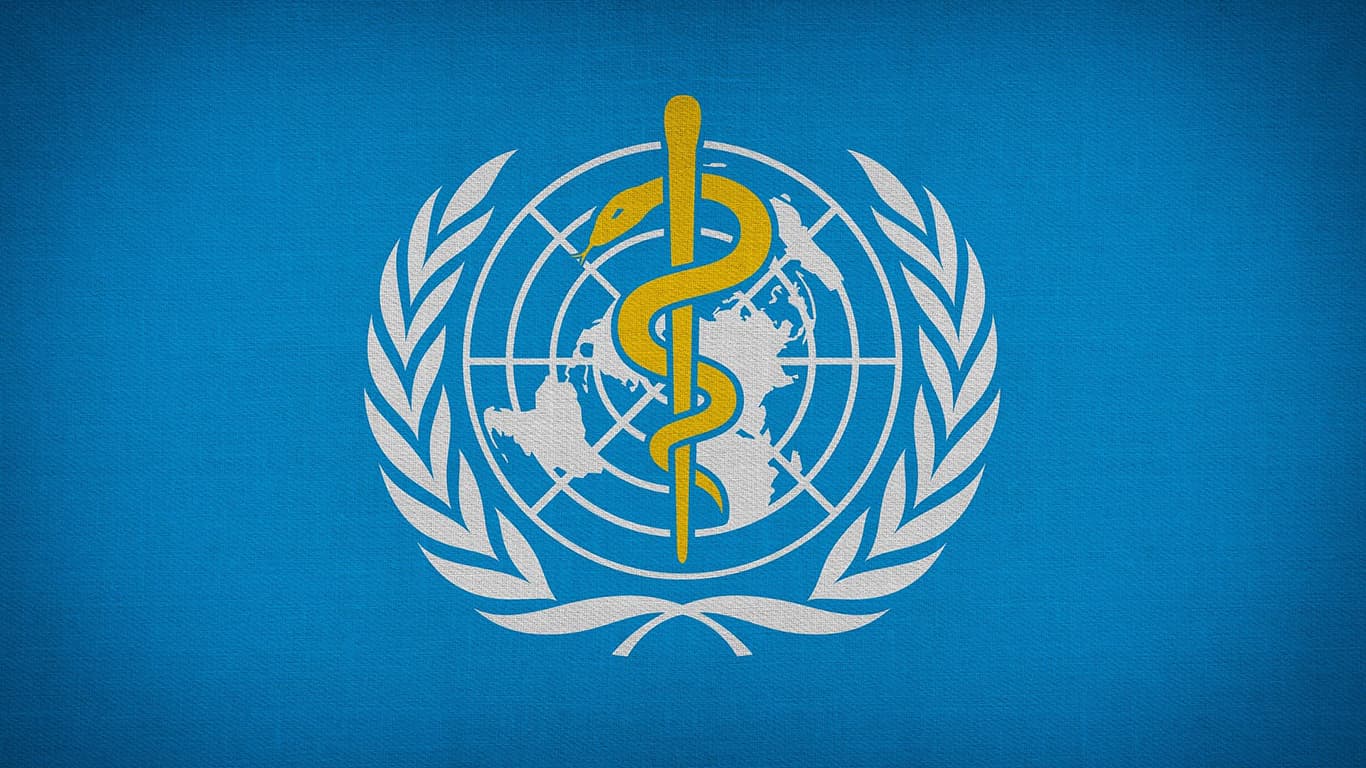Dec . 11, 2024 12:32 Back to list
buy dengue test cost manufacturers
Understanding the Cost of Dengue Test Kits A Comprehensive Overview for Manufacturers
As dengue fever continues to pose a significant public health challenge in tropical and subtropical regions, the demand for accurate and reliable dengue test kits has surged. Manufacturers are increasingly focusing on producing these vital diagnostic tools, but cost remains a central concern for healthcare providers and governments. This article aims to delve into the various factors influencing the cost of dengue test kits and what manufacturers can do to balance quality with affordability.
The Rising Demand for Dengue Test Kits
Dengue fever, transmitted by Aedes mosquitoes, has seen rising incidence rates worldwide, prompting heightened surveillance and testing requirements. The World Health Organization (WHO) estimates that approximately 390 million dengue infections occur annually, making efficient and accurate testing crucial in managing outbreaks. As the disease spreads, the need for rapid diagnostic tests (RDTs) and polymerase chain reaction (PCR) kits has fueled the market, leading manufacturers to innovate and produce more cost-effective solutions.
Factors Influencing the Cost of Dengue Test Kits
1. Raw Material Costs The cost of materials plays a pivotal role in the pricing of dengue test kits. High-quality reagents, antibodies, and substrates needed for accurate and reliable tests can be expensive. As manufacturers seek to maintain quality while reducing costs, purchasing raw materials in bulk or negotiating better contracts can help mitigate some pricing pressures.
2. Production Scale Economies of scale significantly impact manufacturing costs. Larger production batches often result in lower per-unit costs. Manufacturers must assess market demand and scale production accordingly to achieve efficiency. However, this requires accurate forecasting and agile manufacturing processes to adapt to changing market conditions effectively.
3. Research and Development (R&D) Investing in R&D is crucial for manufacturers aiming to stay competitive with their dengue test kits. The costs associated with developing new testing methodologies, improving accuracy, and conducting clinical trials can be substantial. Nonetheless, robust R&D can lead to innovative products that command higher prices due to increased efficacy and ease of use.
4. Regulatory Compliance Navigating the regulatory landscape can be a costly endeavor for manufacturers of medical devices. Compliance with international standards, such as those set by the FDA or CE marking in Europe, often requires substantial investment in testing and documentation. Manufacturers must allocate resources for quality assurance processes that ensure their products meet the stringent requirements set forth by health authorities.
buy dengue test cost manufacturers

5. Distribution and Shipping Costs The geographical distribution of dengue test kits plays a significant role in overall pricing. Transporting diagnostic kits, particularly to remote or underserved areas, can be logistically challenging and expensive. Manufacturers must explore strategic partnerships with logistics providers or use local manufacturing to reduce shipping costs and improve product availability.
6. Market Competition The market for dengue test kits is highly competitive, with numerous players vying for market share. This competition can drive prices down, forcing manufacturers to enhance their operational efficiency and find cost-saving measures without compromising on quality. Understanding market trends and competitor offerings is vital for manufacturers to position their products effectively.
Strategies for Manufacturers to Reduce Costs
1. Collaborative Initiatives Partnering with governments, NGOs, and research institutions can provide access to funding and resources for R&D and pilot programs, reducing the financial burden on manufacturers.
2. Diversifying Product Lines By offering a range of test kits, from rapid tests to more sophisticated PCR-based solutions, manufacturers can cater to different segments of the market, maximizing revenue streams.
3. Investing in Technology Automation and advanced manufacturing technologies can significantly reduce production costs. Investing in state-of-the-art machinery can streamline processes and minimize labor costs.
4. Focus on Quality Control A robust quality control system ensures that test kits meet the necessary standards and can avoid costly recalls or failures in the field, ultimately protecting reputation and financial stability.
Conclusion
The dengue test kit market presents a complex interplay of demand, cost, and innovation for manufacturers. By understanding and strategically addressing the factors that influence cost, manufacturers can balance affordability with quality, thereby contributing to better public health outcomes while maintaining a viable business model. As the global focus on infectious disease prevention intensifies, the role of manufacturers in producing reliable and accessible dengue test kits will remain paramount.
-
Rapid Canine Corona Test: Fast & Accurate Results
NewsAug.06,2025
-
Rapid BZO Test Kit - Fast & Accurate Benzodiazepines Detection
NewsAug.04,2025
-
China Nylon Flocking Swabs - AI Enhanced Quality Collectors
NewsAug.03,2025
-
Highly Accurate hCG Pregnancy Test Strips - 5 Min Results
NewsAug.02,2025
-
Premium Empty ABS Plastic Cassettes: Durable & Lightweight Storage
NewsAug.01,2025
-
Accurate Cocaine (Coc) Rapid Test Kit | Fast & Reliable Detection
NewsJul.31,2025

